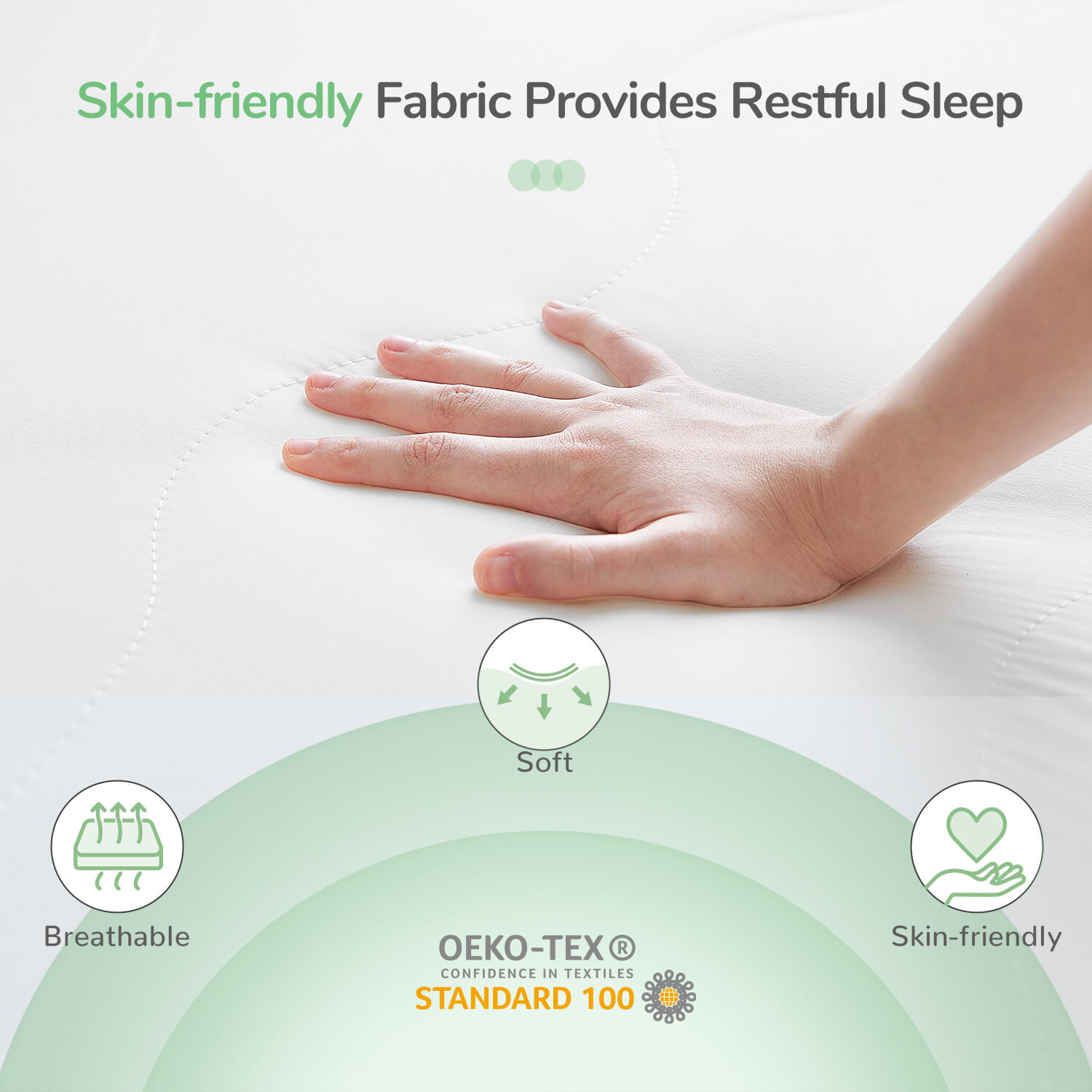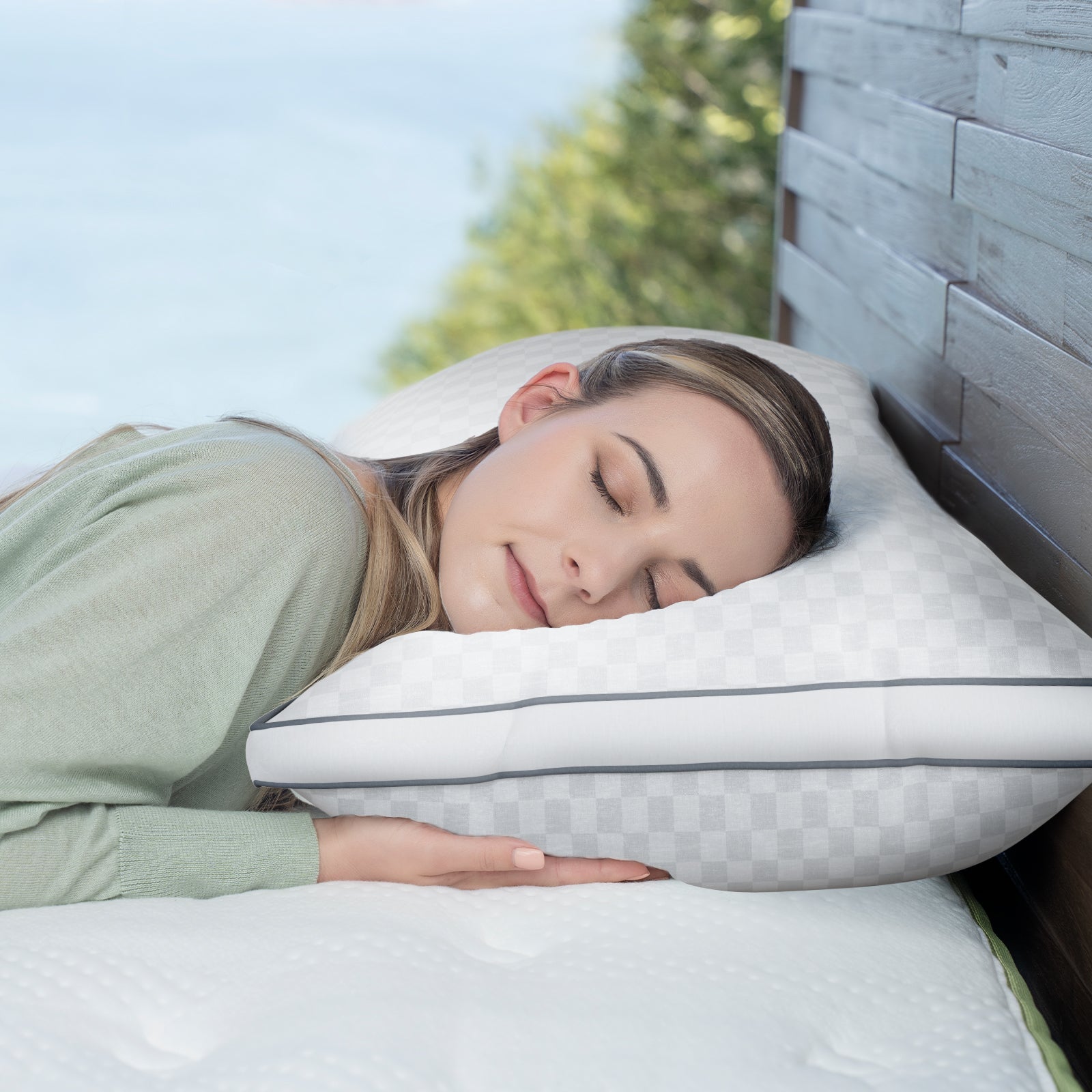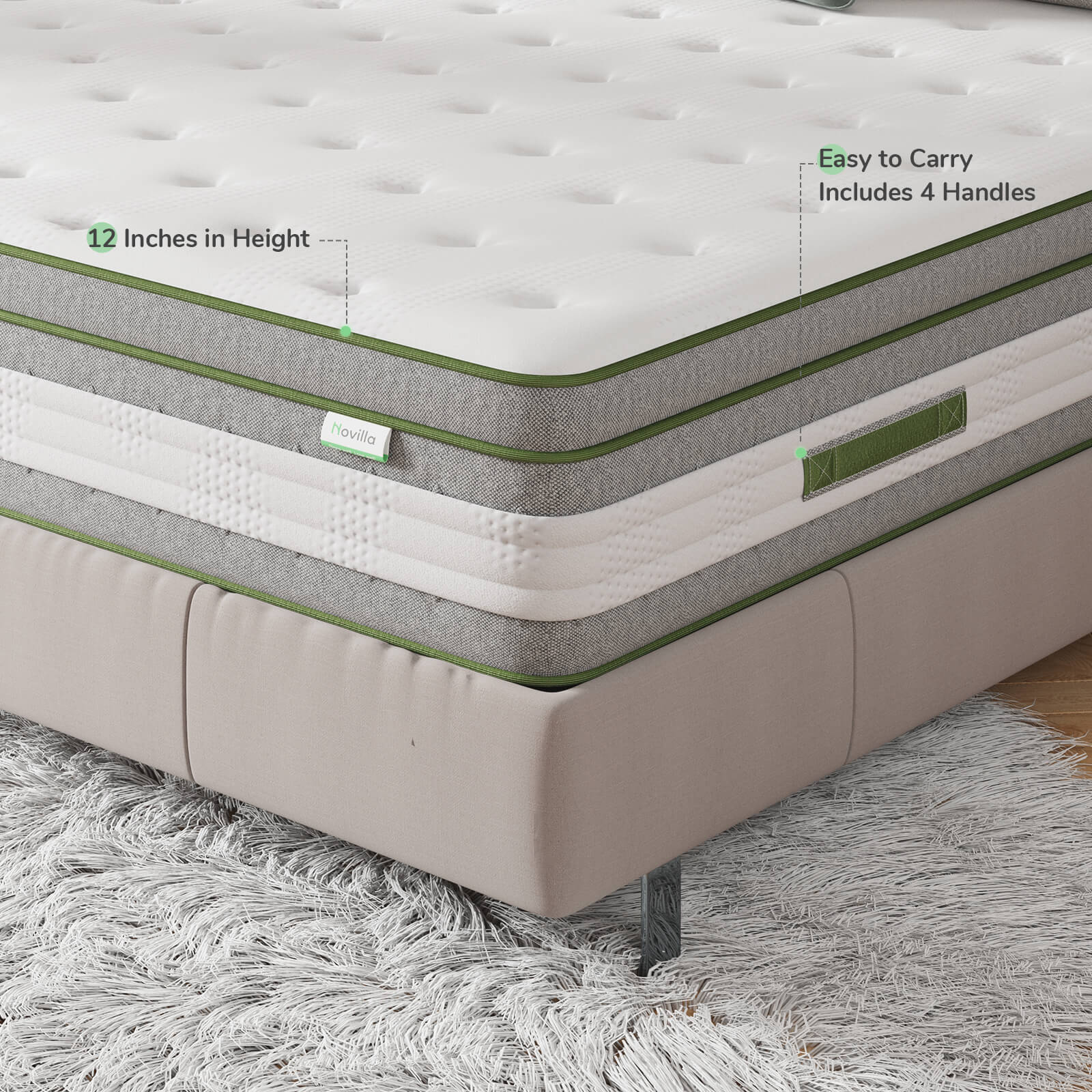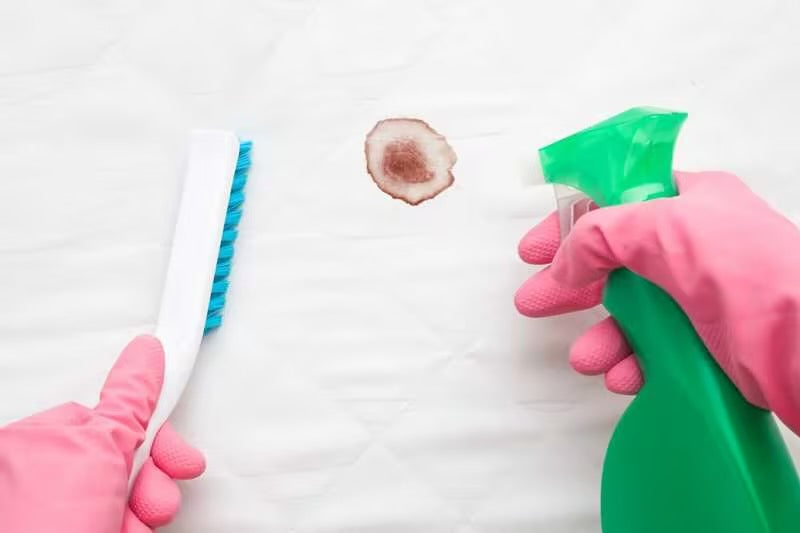No Products in the Cart
How Long Does A Mattress Last?
Many people think that buying a mattress is a one-time investment, but that's not entirely true. Over time, the materials in the mattress, such as foam, will lose their bounce and begin to deteriorate due to the body's weight and pressure. This can lead to a poor fit with your body and affect your quality of sleep. Additionally, as we age, our body structure changes, especially after reaching 40-50 years old.
According to research, over 50% of users have been using their mattresses for more than 5 years. Among them, 28% and 21% of users born in the 70s and 60s respectively have been using their mattress for over 10 years, and 40% of respondents expressed a desire to replace their mattress but were unsure of how to go about it. It's not that they don't want to replace it, but rather they don't know how.
Therefore, it's important to recognize the signs of wear and tear on your mattress and consider replacing it when necessary. A good mattress can greatly improve the quality of your sleep and overall health. Don't hesitate to seek advice from professionals or research online when looking for a new mattress. Sweet dreams!

Let's learn together today about three important aspects of mattresses:
- How long can a mattress be used for?
- How can we extend the lifespan of a mattress?
- What are the key signals that indicate it's time to replace a mattress?
How long does a mattress last?
Generally speaking, a mattress should be replaced after 8-10 years of use, but many people may not be aware of this. The lifespan of a mattress can also vary depending on its material.
Innerspring
For innerspring mattresses, one study found that we tend to toss and turn 20-26 times per night, which adds up to 9,490 times per year. The internal springs in a mattress can withstand this type of use for anywhere from 10-20 years, although there may be some individual variations.
Memory Foam
Memory foam mattresses are another popular option, and their lifespan is largely determined by the quality of the materials and manufacturing processes used. High-quality memory foam mattresses can last for 5 years or more, while those made with inferior materials or simple manufacturing processes may only last 1-2 years. Beware of "memory foam" mattresses made with regular foam that may become misshapen and uncomfortable after just a few months.
Latex
Latex mattresses typically last for 7-10 years with regular use. Over time, the mattress will be compressed by the weight of our bodies and exposed to dust, sweat, and skin cells, which can shorten its lifespan. However, even after 5-7 years, a latex mattress may still be usable, although it may not provide the same level of comfort and safety as before.
Is the mattress's firmness level affect its durability?
While comfort is important for a good night's sleep, a mattress that is too firm can prevent your body from fully relaxing, while one that is too soft can cause your spine to curve unnaturally. If you wake up feeling stiff or uncomfortable in a certain area of your body, it may be time to replace your mattress.
How can we extend the lifespan of a mattress?
Don’t worry, there are ways to extend the life of your mattress. First, Additionally, By following these tips, you can enjoy a comfortable and durable mattress for years to come.

1.Regularly Rotate Your Mattress
Make sure to regularly rotate it every 2-3 months during the first year of use, and then less frequently in subsequent years. This helps to evenly distribute pressure and maintain balance.
2.Ensure Ventilation
Allow your mattress to breathe by ensuring proper ventilation, but avoid direct sunlight as it can damage certain materials like latex, which can stiffen and becomes yellowish if it was directly exposed to the sunlight.
3.Protect the Edge of the Mattress
Protect the edges of your mattress as they are the most vulnerable parts and avoid sitting or sleeping on them too often. But more and more mattress manufacturers produce mattresses with reinforced edge support with strong perimeter coils. Which can effectively reduce the odds of sinking edge.
4.Use a Mattress Topper
Consider using a mattress topper or protector, serving as extra comfort or support for your mattress, which can effectively minimize the effect of the sagging caused by your pressure.
5.Keep It Clean
Keep it clean by vacuuming it regularly with a high-pressure vacuum, reduce direct contact with the mattress, thus prolonging its service life.
By following these tips, you can enjoy a comfortable and durable mattress for years to come.

What are the key signals that indicate it's time to replace a mattress?
Your body is telling you it's time to replace your mattress. Here are 7 key signals that indicate it's time for a new one:
1. Uneven surface and noticeable sinking when lying down. If you roll over in bed and notice significant sinking or inconsistencies in softness/hardness, it's time to replace your mattress. This means the springs are likely damaged and can no longer properly support your body, leading to spinal deformation and joint pain.
2. Feeling tired and experiencing back pain in the morning. If you wake up feeling sore and tired, it's worth checking if your mattress is the culprit. A good mattress should help you relax and recover, while a bad one can negatively impact your health.
3. Sleeping less than usual. If you're waking up earlier than before, it's a sign that your mattress is no longer providing the necessary support for your body. Over time, an old mattress can lead to serious back problems.
4. Difficulty falling asleep. If you find yourself tossing and turning at night, it's time to consider a new mattress. A good one can improve blood circulation and reduce the need to toss and turn.

5. Waking up in the middle of the night. If you're waking up frequently during the night and having trouble falling back asleep, it's likely due to your mattress. A good one can help you get a full night's rest.
6. Skin irritation. If you're experiencing skin irritation or allergies while sleeping, it could be due to a low-quality mattress that hasn't been treated for mites or other allergens.
7. Obvious creaking sounds. If you hear creaking sounds when moving in bed, it's a sign that the springs are damaged and can no longer support your weight. Remember, a good mattress is essential for a good night's sleep and overall health. Don't hesitate to replace your old one if you notice any of these key signals.
Related Posts:

Freshen Up Your Sleep: Clean Mattress Tips

Can You Wash Pillows in Washer? Our Easy Guide.








